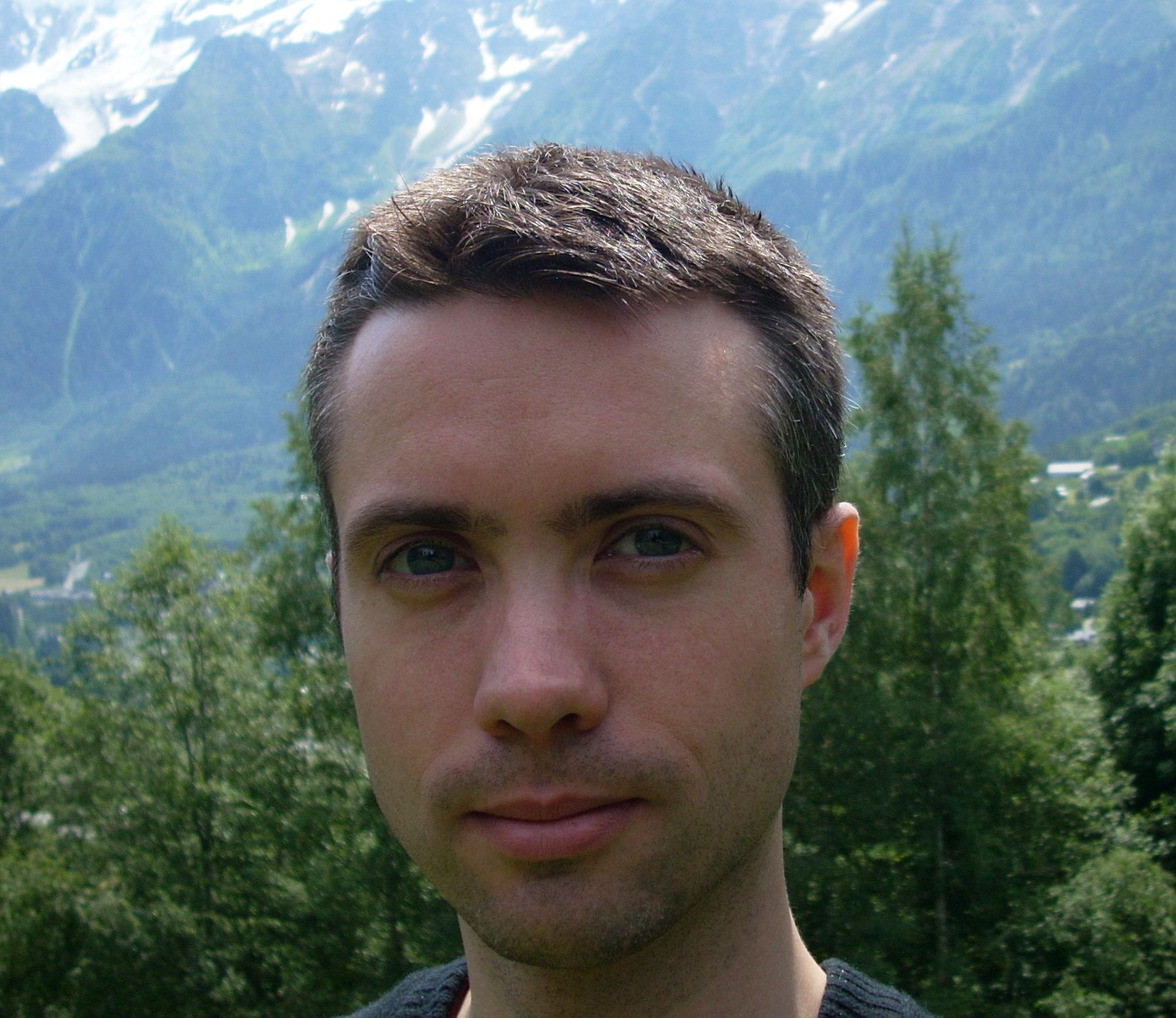TRIUMF Research Scientist
 David Morrissey is a theoretical physicist here at TRIUMF. He enjoys working on topics that are active areas of experiment, focusing on new particles and forces we might hope to discover soon. He finds theory compelling because it connects pure math with applied research. His work is to find explanations for existing experimental data and to point out promising directions for future experiments. For example, he helps physicists working at the CERN Large Hadron Collider (LHC) in their search for the Higgs boson particle by postulating which sorts of collision patterns are likely to represent the production and subsequent decays of the Higgs.
David Morrissey is a theoretical physicist here at TRIUMF. He enjoys working on topics that are active areas of experiment, focusing on new particles and forces we might hope to discover soon. He finds theory compelling because it connects pure math with applied research. His work is to find explanations for existing experimental data and to point out promising directions for future experiments. For example, he helps physicists working at the CERN Large Hadron Collider (LHC) in their search for the Higgs boson particle by postulating which sorts of collision patterns are likely to represent the production and subsequent decays of the Higgs.
David's research also deals with the nature of dark matter and the origin of the matter-antimatter asymmetry. He is particularly interested in finding connections between astrophysical observations of these phenomena and new particles seen in earthbound experiments such as the LHC. As a Ph.D. candidate, he received the University of Chicago Sugarman Award for his work on a minimal supersymmetric extension of the Standard Model, which showed that these models can simultaneously explain the matter-antimatter asymmetry and accommodate a dark matter candidate.
David graduated with a B.Sc. from McGill in 2000 and went on to complete his Ph.D. at the University of Chicago. He did postdoctoral work at the University of Michigan and then at Harvard, before coming to TRIUMF in 2009. Last spring he was Co-organizer for the LHC Workshop at TRIUMF. In his spare time, David enjoys cycling, running and cooking.
